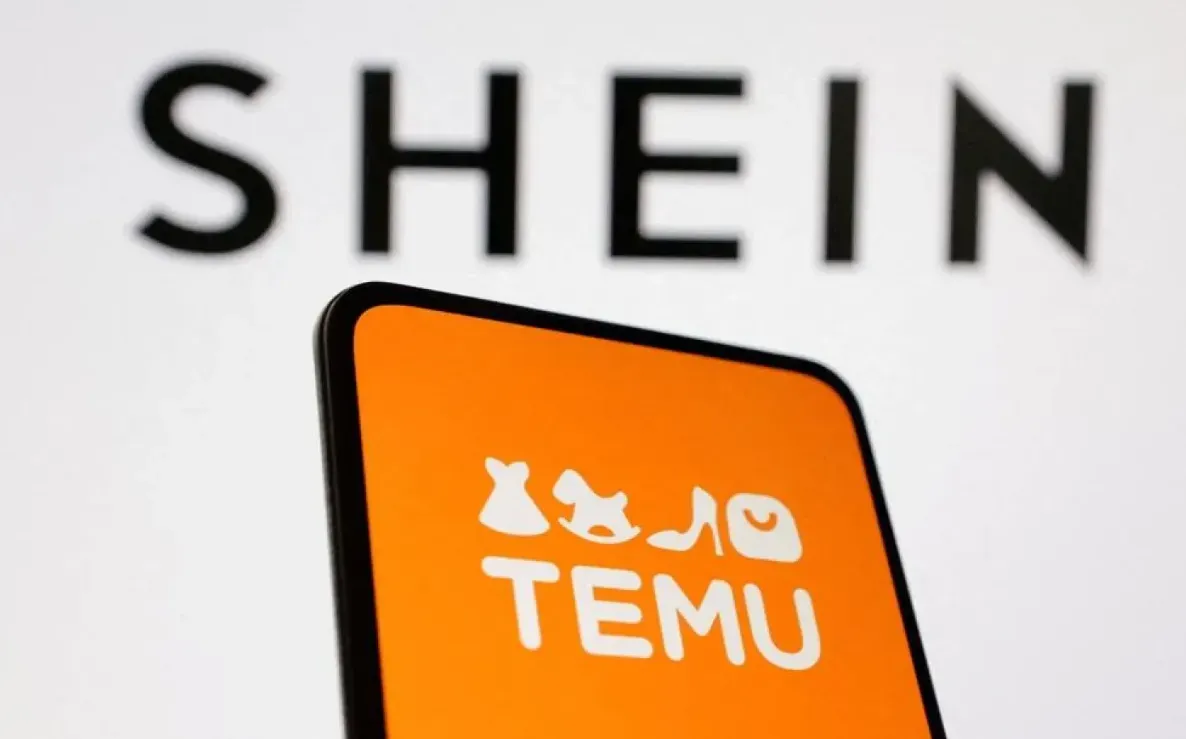News
EU Ministers Approve Plan for Faster Crackdown on China Parcels That May Affect Shein and Temu

European Union ministers have agreed on a new plan to tighten controls on the surge of small parcels arriving from China, a move that could significantly affect popular online retailers such as Shein and Temu. The decision marks one of the bloc’s strongest coordinated efforts yet to address concerns about under declared goods, unfair pricing practices, and safety risks linked to the massive flow of low value imports.
The agreement, reached during a meeting of EU finance and customs ministers, will allow member states to screen incoming parcels more quickly and apply stricter checks on goods suspected of violating tax rules or product safety regulations. Officials said the new measures aim to close loopholes that have allowed many low cost items from Asia to enter Europe with minimal oversight.
In recent years, the number of small e commerce parcels shipped to Europe has soared, largely driven by fast growing Chinese platforms that specialise in inexpensive clothing, accessories, and household items. Shein and Temu have both benefited from the EU’s former threshold for low value imports, which often enabled sellers to avoid duties and taxes on goods worth only a few euros.
Ministers said the revised system will give customs authorities greater power to inspect packages, verify declared values, and block shipments that do not meet EU standards. They also hope it will help level the playing field for European retailers who argue that ultra cheap imports have distorted competition.
EU officials emphasized that the move is not aimed at any one country, but acknowledged that the vast majority of low value parcels originate from Chinese sellers. Several ministers described the issue as an urgent matter, saying the rise of such imports has created challenges for consumer protection, tax collection, and environmental standards.
Consumer groups have repeatedly raised concerns about unsafe items entering the market, including children’s clothing with banned chemicals, electronics lacking proper certification, and counterfeit products. Customs agencies have also struggled with the sheer volume of shipments, making it difficult to conduct thorough inspections.
Under the upcoming measures, which still require final approval, customs authorities will gain access to more digital information from online platforms and postal services before parcels arrive. This will allow suspicious shipments to be flagged earlier and processed more efficiently at entry points across Europe.
Analysts say the decision could have immediate consequences for companies like Shein and Temu, which rely heavily on fast, low cost shipping models. Higher scrutiny may lead to longer delivery times, increased compliance requirements, and additional fees on goods that previously entered the market with minimal checks.
EU ministers stressed that the goal is fairness, safety, and transparency. They added that the updated rules are part of a broader push to modernize customs regulations across the bloc, ensuring that digital era commerce is held to the same standards as traditional retail.
The formal legislative process will continue in the coming months, but Thursday’s agreement signals clear political momentum toward stricter control of the millions of parcels entering the EU every day.












